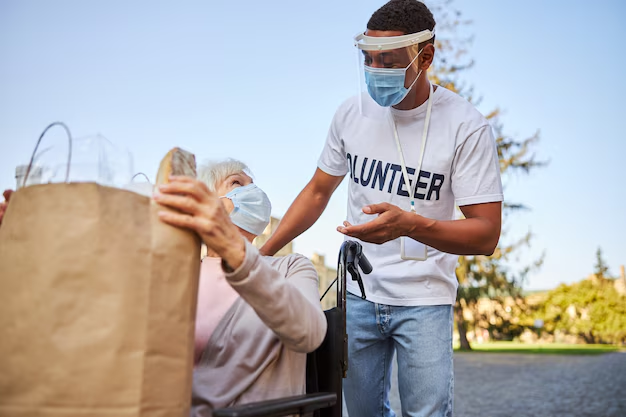Support and Solutions for Homelessness in Ann Arbor
In the vibrant city of Ann Arbor, where urban life blends seamlessly with cultural richness, there’s an underlying challenge faced by many: homelessness. Whether you're actively seeking shelter or looking for ways to help the homeless community, Ann Arbor offers several resources and programs designed to support those in need and uplift their spirits.
Understanding and Accessing Ann Arbor's Homeless Shelters
When it comes to homelessness support, Shelter Association of Washtenaw County stands out as a significant resource. Located in the heart of Ann Arbor, this association provides emergency shelter, supportive housing services, and access to medical care and food assistance. The Delonis Center, one of its key facilities, is well-known for its comprehensive approach to ending homelessness. The center not only provides shelter but also offers case management and connection to community resources aimed at permanent housing solutions.
Exploring Additional Resources for the Homeless
For individuals who find themselves homeless or are at risk of becoming homeless, it’s crucial to know that it's not just about finding a temporary shelter—it’s about understanding the available supports and services that can lead to long-term solutions. Some programs and associations offer:
- Job training and education programs to help individuals transition back into the workforce.
- Health services, including mental health support, recognizing that homelessness can often lead to or stem from health crises.
- Substance abuse programs, offering rehabilitation and counseling services.
- Food assistance programs such as food pantries and free meal services across the city.
Transitioning from Shelter to Stability
Once immediate shelter needs are met, the focus often shifts toward sustainable living solutions. This involves engaging with housing assistance programs that enable a move from temporary shelters to stable housing scenarios. Each service aims to lead individuals toward self-sufficiency and community reintegration.
Financial Assistance and Government Programs
While homelessness challenges the individual, addressing it often involves a community effort. For those navigating the labyrinth of financial instability, numerous resources are available:
- Federal and state housing vouchers help individuals and families secure affordable housing.
- Short-term financial aid may be provided to cover immediate expenses like rent and utilities.
- Debt relief options and counseling services offer ways to manage and reduce debt, a common barrier to stable housing.
- Educational grants for skills training, offering pathways to better employment opportunities and financial independence.
Empowering Through Education and Employment
By providing access to educational opportunities, individuals are empowered to improve their circumstances. Local community colleges and organizations offer vocational training and certifications in various fields, often with financial aid to cover costs. Employment assistance programs run by local non-profits can also help with resume building, interview preparation, and job placement, enhancing the pathway from homelessness to economic stability.
A Collective Effort for Lasting Change
The fight against homelessness in Ann Arbor is not just a series of services but a community effort that requires continued support and awareness. One can contribute by volunteering at shelters, participating in fundraising activities, or simply spreading awareness of available resources. Together, community members can ensure that the path from homelessness to stability is not just a possibility but a reality.
Targeted Financial and Educational Assistance Programs
- 🌟 Temporary Assistance for Needy Families (TANF): Short-term financial aid for essentials.
- 🏠 Housing Choice Voucher Program: Offers rental subsidies for permanent housing.
- 📚 Pell Grants: Financial support for low-income individuals pursuing education.
- 💳 Credit Counseling Services: Guidance on managing and improving credit scores.
- 🧑💼 Workforce Innovation and Opportunity Act (WIOA): Job training and employment support.
By accessing these programs, individuals experiencing homelessness can take concrete steps toward rebuilding their lives with the assistance they need.

